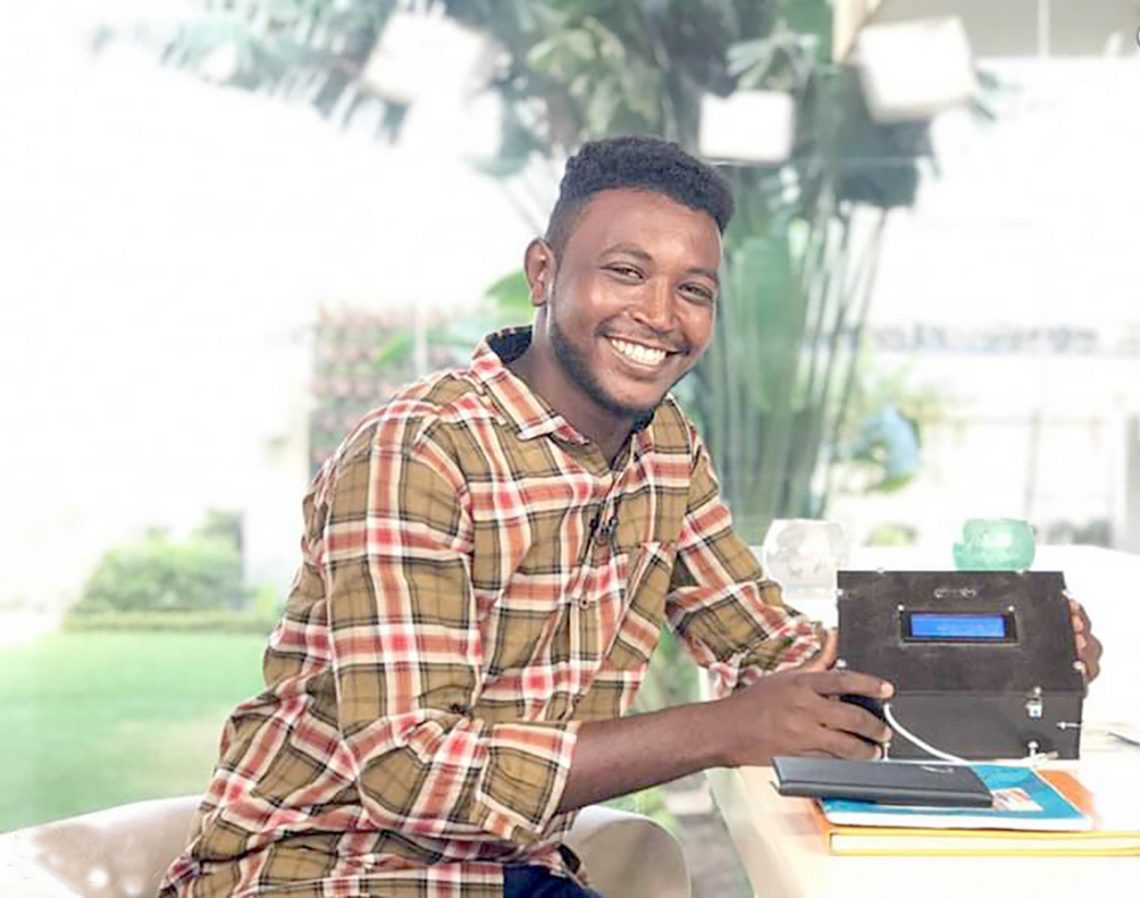
Rabak : Mohammed Fathi
His father was struggling with the disease. The son was deeply thinking in what he could do to relieve the pains of that skinny body. He , the medicine student , who left in a haste the lecture room in Al Mahdi University in Kosti, to travel covering tens of kilometers to his home city ; Rabak, seemed this time to be racing the wind to travel still further only to fall in the crowded rows in front of the kidney center in Khartoum.
His father was not the first, as the city received dozens of patients from all adjacent villages, like other cities in Sudan, as Othman Rayhan says, but what left a deep wound in the stepping in his twenties young man’s soul, is the kidneys patients’ sufferings due to disregard. Despite the existence of dialysis centers in many specific states, but these centers are not eligible to receive patients, the situation which compels the patients to travel to the capital of the country.
In front of the center, Rayhan stood as he surveyed the scene taking place there. Patients were laying on the ground with nothing covering their bodies as if intended to cover themselves with the bare sky. In the morning ,they shared all sorts of sufferings , bodies consumed by the disease and worn out by the long waiting time. “ There ; the one who gets in is deemed to be lost while the getting out is deemed be born anew”.
Stuck to the place all day long, the young man who is always fascinated by inventions and innovations, rambling away from the swarms of those thoughts by fancy, in a noble spirit, in search for something to do that could alleviate the daily burden of those 15,000 people afflicted with this disease. Throughout the arduous return journey from the place and up to his city, this issue was vivid in his mind as he said.
Inventor Othman Rihan, a fifth-level student at the College of Medicine at Al- Imam Al-Mahdi University, says that after some time, he invented an easy-to-use home device that performs checks for patients with kidney failure and other tests in a short time. The device can easily be used by everyone.
Rehan stresses that what made him exert a long period to accomplish this prototype is to erase the trouble of traveling and waiting and many other difficulties that patients face, to follow their health condition, hoping that his product will find praise, celebration and enough attention to benefit its development, so that it finds its way for patients in all health facilities in remote cities and rural areas and in homes as well.
This invention was not the first in Othman Rihan’s interest for the sake of kidney patients, but rather he previously wrote a medical reference on kidney disease entitled; (Rihan’s Lecture Notes in Nephrology).
Rayhan says that innovation means “thinking outside the box”, Adding” So it is very natural for you to be criticized by those around you, because your idea is completely different and unprecedented, and you rarely find someone who supports it. Anyone who believes in an idea and seeks to promote it from an idea that everyone opposes, to an idea that everyone accepts, should consecrate determination to Transforming it into a tangible reality that meets the needs of a specific sector of society. Through this, people turn from opponents of the idea to supporters, which is a thing that requires an extending time and patience.”
In answer to our question about whether someone helped him manufacture the prototype, and whether he obtained help from any other party, Rayhan clarified that he brought up the idea to a number of relevant authorities, but he did not obtain the necessary attention so far, explaining that this fits with the difficulties that inventors and innovators in Sudan face great hindrance to bringing their innovations to light. Here also Othman Rayhan asserts that he has not yet been able to market his project after his success proved practical, due to the lack of interest by the relevant authorities, and venture capital, in addition to the fact that the state is still far from offering a vision that includes knowledge Economy.
He explained that the support of government institutions does not currently exceed the stage of documentation of ideas, that is, the stage of “intellectual property.” As for the stage before that – training on to produce innovation – until now suffers from a very great weakness, and the stage of incubating projects suffers from weakness either , which is the stage of post- Intellectual ownership. In addition turning ideas into projects also suffers due to the absence of bold investment in the field.
Rehan revealed that he is currently working to establish an institution that is concerned of spreading the culture of invention and innovation in Sudan, and marketing inventions in general, calling on the Sudanese Government to support the environment of creativity and innovation, by embracing inventors and innovators, by establishing incubators and accelerators for them, and the true partnership to transform their ideas into practical reality, because encouraging innovation is the beginning of the real global competitiveness, by launching the platform of knqwledge economy, he said.















